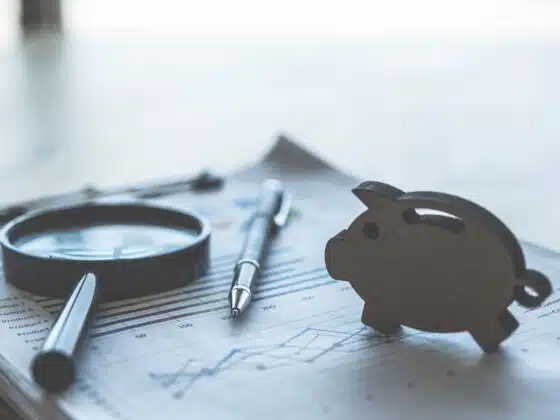People are looking to raise capital to start a business. Or businesses who are already established want to make a name for themselves on the market.
Of course, the world of trading is complex. Where more business-oriented minds are concerned, options might seem like the best way to go about it. They can look great on any business investment portfolio.
Options are also incredibly versatile. Whatever financial situation arises at home or on the market, you should be able to change things up to better fit you. They can work wonders for people who are conservative with investments, as well as for people who like to be a bit more daring. A question may rise in your mind, though. Just what is option trading?
In a nutshell
People looking into any sort of investing should know what a security is. A security is an asset that represents something in addition to its financial value. Let’s look at stock. Stock isn’t just a financial value. It’s an asset that represents an ownership position for the person who has that stock. A bond signifies a creditor relationship with a government corporation or body.
An option is a type of security. When you have an option, that option represents your rights to ownership. It has financial value, but it’s also an agreement that gives the investor the right to buy another asset at a specific price on or before a certain date. It’s a contract of sorts that gives you priority when it comes to buying or selling other assets.
So, let’s take a quick look at derivatives trading. A derivative is a type of security. If the price of the security is dependent on an underlying asset, it’s a derivative. So, ultimately, the value of your option will depend on the value of the stocks, bonds, currencies, and other assets that the company holds.
An option, therefore, is a security, which makes it a form of contract. More specifically, it’s a derivative, which means that its value depends on other assets.
Types of options
So an option is a type of several other types. As with anything in the investment world, it can cause a bit of a headache. But not only must you consider those types; you also have to consider the different types of options!
There are equity options. Bond options. Future options. Index options. Binary options. Exotic options. And, of course, how they work is also dependent on the country in which they take place. Binary options, for example, work in a very specific way. Be sure to find out the differences between the popular ones I just listed, if you need any guidance, a binary options expert may be able to help.
Why people use options
Options can cost you a lot. However, they can also give you a massive advantage in the market. For many, they’re used as a way of being one step ahead. After all, you’re getting first dibs on the buying of a particular asset!
Another positive about options is that they don’t mean you’re obliged to buy an asset during the fixed dates. Play your cards right and they can work wonders with loads of different assets.



